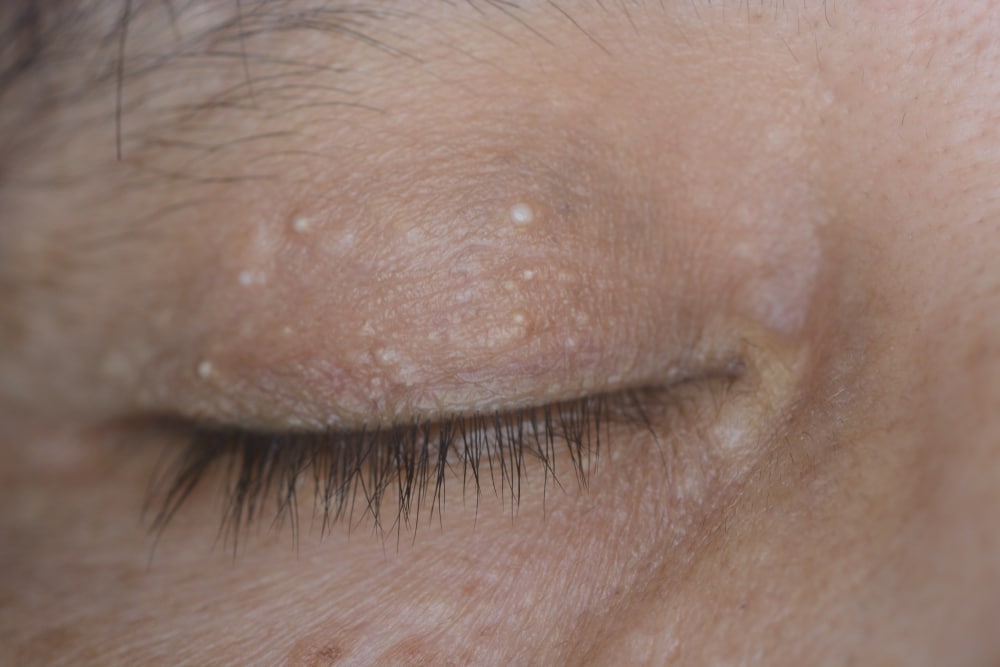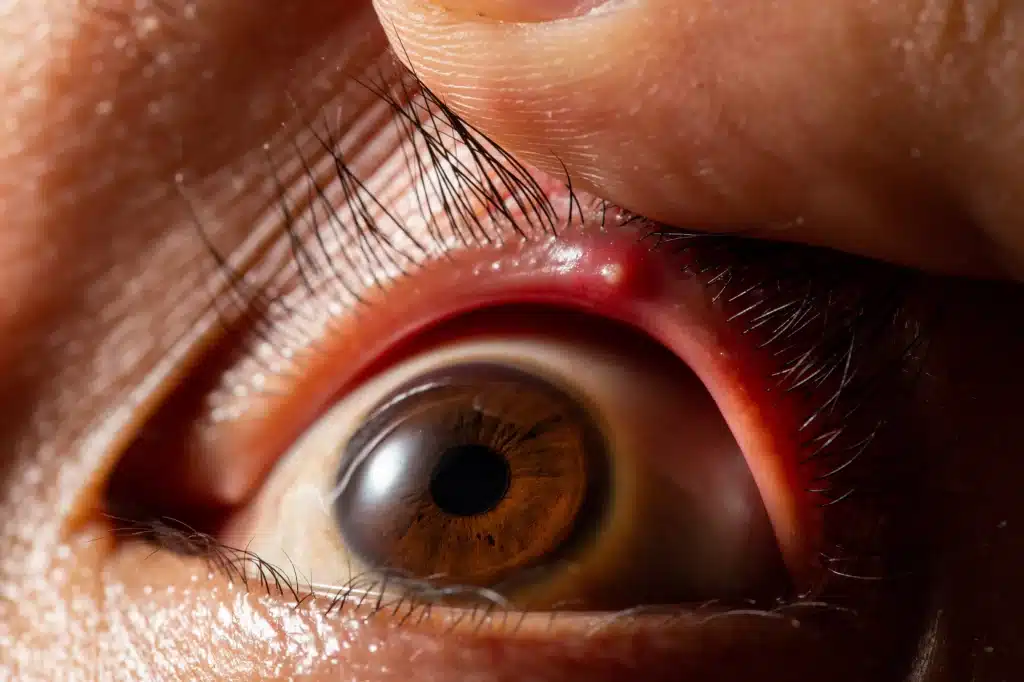Medically Reviewed by: Edward C. Wade, M.D., F.A.C.S.
How Pools are Hurting Your Eyes, Especially Post-LASIK & Cataract Patients
It’s a scorching hot summer, and the pool is looking very good to you. You just had eye surgery a week ago, but you desperately want to go for a swim. What should you do? You should reconsider activities. Swimming in pools can be harmful for your eyes, especially since you’ve just undergone an ocular procedure like LASIK or cataract removal. Your eyes will be exposed and extremely susceptible to bacteria, so you must be careful to avoid infection. With diligent care, you can begin to swim again after only two weeks. But where is the safest place to swim?
What about in my own pool?
Your pool is the safest bet to swim in after LASIK or cataract surgery. Why? Since it is your pool, you have full control over how much chlorine goes into it. Though bacteria are still a primary concern, you have a reasonable amount of control over possible infection. Another added benefit of swimming in your own pool is that you can dictate what happens in it. You can keep your head well above water, you can minimize splashing, and you can wear goggles to further protect yourself from the water.
What about the public pool?
Public pools are more dangerous than private pools. They are cleaned as regularly as any private pool, but they have the disadvantage of hosting many more people. Having lots of people in the pool only raises the level of bacteria in the water, therefore raising the risk that you will get your eyes infected. Unlike being in a private pool, you can’t control the level of splashing and mayhem that occurs at a public pool. It’s best to stay away from them if you’ve had eye surgery recently.
What about my favorite waterpark?
For those that recently had LASIK and cataract surgery, waterparks must be avoided at all costs. They take the normal chances of infection and exponentially increase them. Waterparks have thousands of people swim in their water every day, meaning that there is an extremely large chance of an eye infection happening. Though their filtration systems are highly advanced, the waters at a waterpark still contain a staggering number of bacteria that can easily infect a vulnerable eye. To top it off, waterparks also require a fair level of physical stress, which can strain your eyes and cause undue harm.
More helpful tips
Overall, you should take it easy and altogether avoid the risk of eye infection through swimming. You can resume swimming normally about a month after either surgery. If you’ve been swimming in a pool and you think your eyes may become infected, be sure to contact your doctor at the Eye Center of Texas.
Related Articles
Financing Options Available
Apply today to find a financing option that meets your needs.
Our Locations
Houston/Bellaire
6565 W. Loop S., Suite 650Bellaire, TX 77401
Medical Office:
713-797-1010
Medical Fax:
713-357-7276
LASIK/Near Vision:
Office: 713-395-1515
Fax: 713-357-7278
Pasadena
4415 Crenshaw RoadPasadena, TX 77504
Medical Office:
281-977-8800
Medical Fax:
281-977-8877
Sugar Land
15200 S.W. Freeway, Suite 130Sugar Land, TX 77478
Medical Office:
281-277-1010
Medical Fax:
281-277-4504
Clear Lake
455 E. Medical Center Blvd., Suite 110Webster, TX 77598
Medical Office:
281-332-1397
Medical Fax:
281-282-9152
Katy
Greenhouse Medical Plaza2051 Greenhouse Road, Suite 110
Houston, TX 77084
Medical Office:
346-547-7070
Medical Fax:
281-214-2971
The Woodlands/Conroe
100 Medical Center Blvd., Suite 118Conroe, TX 77304
Medical Office:
936-647-1610
Medical Fax:
936-647-1620


